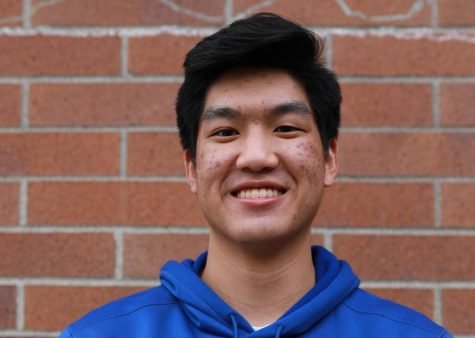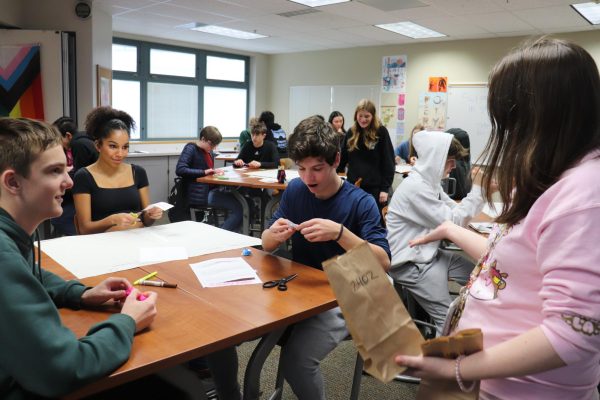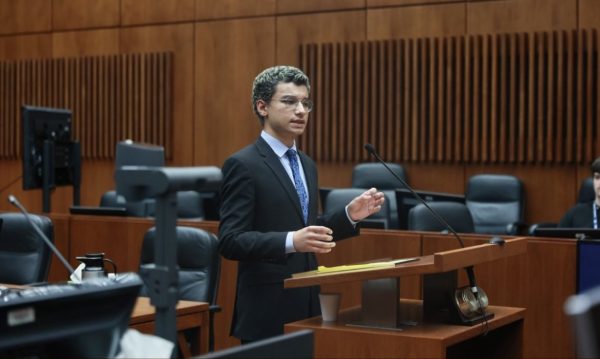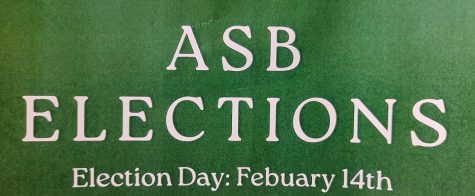Diving Into the Challenges of IB Internal Assessments
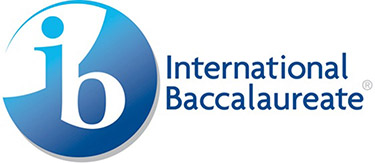
December 24, 2021
Students are given a new project to work on by their teacher. Their task seems simple enough, but once it is time to actually start the project, some students are ready to roll while others are left with stress as their direction is unclear.
This mix of emotions is a common occurrence in International Baccalaureate (IB) courses each year.
In IB courses, students are asked to complete an Internal Assessment (IA) as a part of the classes. An IA is a written report of an exploration of a topic within the class. The format of the reports vary based on what class the IA is for.
On paper, they are a good way to measure students’ knowledge on a topic. This is partly because an IA forces students to thoroughly explain a topic, not just fill in a letter bubble as an answer like on standardized tests.
However, IAs take much longer to complete than a simple test. Tests can be completed in a single class period, whereas IAs require in-class work time as well as a fair amount of work time outside of the school day from a few weeks to a couple of months.
For some students, simply getting started can be a challenge. One reason is that the instructions are, in most cases, vague. This leaves a lot of interpretation up to the students.
Out of the time needed outside of school, a large amount stems from the students having to explore their topic. Senior and IB Diploma student Vik Mandadi has done IAs in the past and recently finished his IB Math HL Internal Assessment. However, even with his experience, he had some challenges to overcome when it came to researching his topic.
“It’s not really all the material that we learned in class,” said Mandadi. “The math I did is physics-related and I’m not in physics, so it was a lot of outside research.”
Senior Justin Tran had some different obstacles while doing his research and exploration.
“My biggest challenge was finding reputable data,” said Tran. “Some IAs are meant to clearly reflect a current thing going on in the world, so our teachers only allow us to have reputable sources or you can’t use the data.”
This can be especially difficult because even though a student is interested in a topic, there are not always sources to support their exploration. A lot of time has to be spent searching for the sources. Then once they have been found, that’s when the research and writing of the exploration can finally begin.
Even after choosing a topic and getting some research, students may be faced with the need for a topic change due to certain circumstances.
Mia Rogers, a senior, takes three IB classes and has to manage two IA’s at one time, on top of playing softball. While starting her IB Biology IA, she was forced to do some improvising.
“I had to change [my experiment] and rewrite my introduction,” said Rogers. “My original one was outdoors, but the plants I ordered never came in the mail and are sold out now.”
As mentioned before, students get to choose their topics barring approval, so they should be prepared for what they are getting themselves into. Nonetheless, the extra time needed can be an issue for students who participate in extracurricular activities like Rogers.
“My coach schedules three or four-day tournaments, so every time I come back I have to catch up on normal school work on top of the IA stuff,” said Rogers. “It’s been really stressful.”
IA’s can be intimidating which can result in procrastinating just like any assignment. The best strategy for completing an IA is something that teachers say to students all the time.
“Definitely, spread your workload out, so you’re doing a little bit every day, so you’re not stressed when it comes down to the final due date,” said Mandadi.
It can be difficult to stay on top of this strategy when students have so much other homework and tests in other classes. It is vital for students to stay disciplined if they want to avoid stress. For the two weeks up until the due date, Mandadi spent about an hour a day on his Math IA.
“I don’t think my stress level was too high, maybe like a two on a scale of five,” said Mandadi
Another helpful tip for completing IAs is planning and setting goals before working. In his required IB diploma class, Theory of Knowledge, Mandadi would be given two minutes at the start of class to set goals for what he would accomplish on his IA for that class period.
“I was more able to participate in the task and I always felt really good after class,” said Mandadi.
The reality of it is most school assignments are not meant to be fun. It is also natural for students to be challenged by an assignment and not feel motivated. However, the best thing students can do is find a way to make the project means to them and discover a positive takeaway.
One benefit of IAs is that they give students the opportunity to explore a topic of interest to them as it relates to topics learned in class.
Mandadi says he was able to write his Math IA on a topic about baseball, which he wouldn’t normally be able to explore during a normal class lesson.
IA’s also give students the opportunity to practice skills that they can apply to the real world beyond high school.
According to Rogers, although stressful, IAs help prepare us for college and what we could do there such as conducting experimental procedures and time management.

